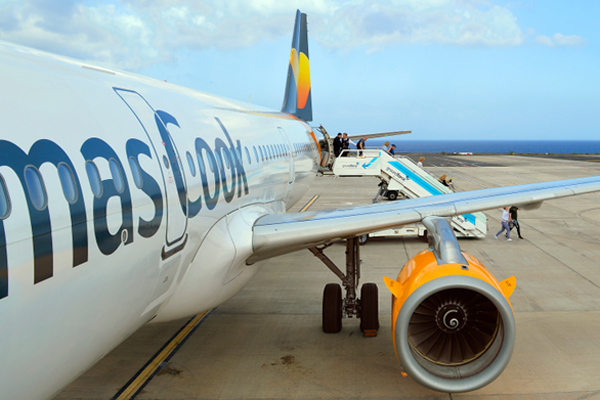Five years ago, the travel industry witnessed the monumental collapse of Thomas Cook Group, a pivotal moment reminding consumers of the need for financial protection. As this anniversary arrives, the Civil Aviation Authority (CAA) underscores the importance of ATOL protection to ensure holiday security.
The collapse triggered the largest repatriation in the history of the ATOL scheme, resulting in over 140,000 Thomas Cook customers being flown back to the UK. In this context, the CAA continues to advocate for consumers to verify ATOL protection when planning their travels, ensuring peace of mind in an unpredictable industry.
The failure of Thomas Cook on September 23, 2019, was a defining event in travel history. Overnight, the travel giant went into liquidation, leaving thousands of holidaymakers stranded. This incident necessitated the largest repatriation effort undertaken by the CAA, resulting in more than 1,000 flights organized to bring back affected travellers.
Introduced in 1973, the ATOL (Air Travel Organiser’s Licence) scheme provides reassurance to holidaymakers by ensuring their bookings are protected financially. This protection covers consumers against the bankruptcy of travel companies, a safeguard vividly demonstrated during the Thomas Cook collapse.
The CAA’s repatriation of Thomas Cook passengers was a complex operation, yet around 94% of customers returned on their original departure dates. The authority also processed over 250,000 refunds, valued at more than £350 million, demonstrating its commitment to consumer protection.
Michael Budge, head of ATOL at the CAA, highlights the importance of booking with ATOL-protected companies. He asserts, “Booking a holiday is exciting, but remember to do your research to ensure your holiday firm is ATOL-accredited.” The CAA advises consumers to consider package deals over separate bookings for enhanced security.
The CAA warns against fraudulent holiday schemes. It urges consumers to verify legitimate web addresses and avoid engaging with unsolicited emails or messages offering holiday deals. Such communications often lead to scams, potentially endangering consumer finances and travel plans.
Consumers are advised to use credit cards when booking holidays, as they may offer additional protection through Section 75 of the Consumer Credit Act. This method safeguards against company failures, providing a safety net in case services are not rendered as promised.
Currently, the CAA is renewing 60% of ATOL licences due for expiration by September’s end. This process ensures the continued accountability and reliability of travel providers, safeguarding the 33 million passengers they serve annually.
In the wake of Thomas Cook’s collapse, the significance of ATOL protection cannot be overstated. As the travel industry evolves, ensuring that travel plans are backed by ATOL provides essential security against potential disruptions and uncertainties.

